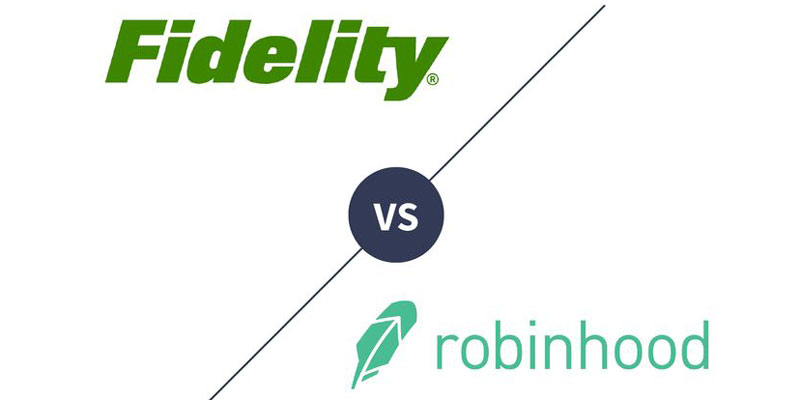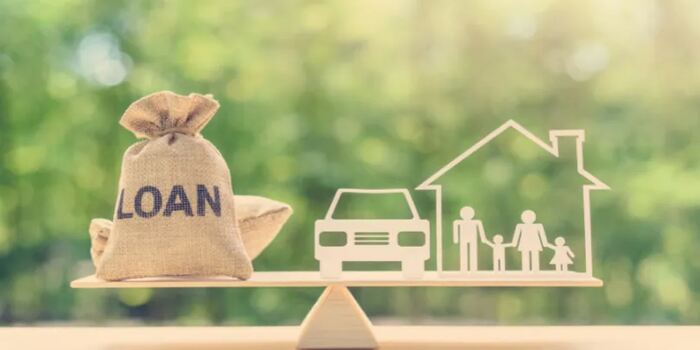Virginia First Time Home Buyer
Jan 02, 2024 By Susan Kelly
- Are you thinking about purchasing a home in Virginia?
- Would you like to learn more about the benefits of being a first time home buyer?
If so, then you’ve come to the right place! In this blog post, we’ll explore all things related to becoming a successful first time homebuyer in Virginia. Whether you plan on buying your very first house or just want an overview of what VA has to offer, there are boundless resources available for those aiming for home ownership.
From special loan products that provide cost assistance to tax credits that make owning property even more attractive; let’s discover how prospective new Virginian homeowners can tap into these advantages and end up with their dream homes!
Different Types of Mortgages Available in Virginia:
When purchasing a home in Virginia, it's important to understand the different types of mortgages available.
One option is a conventional mortgage, which typically requires a down payment and good credit score. Another option is an FHA loan, which may be more accessible for buyers with lower credit scores and a lower down payment requirement.
- VA loans are available for veterans and active duty service members,
- USDA loans are designed for those looking to purchase a home in a rural area.
Each type of mortgage has its own set of benefits and criteria, so it's crucial to do your research before choosing the one that's right for you. By taking the time to understand the different types of mortgages available in Virginia, you can be confident in your decision and take the first step towards owning your dream home.

Right Lender for Your First Home Buyer Loan:
Buying your first home is exciting, but it can also feel over whelming to navigate the world of mortgages. Choosing the right lender for your first home buyer loan is crucial to ensure that you get the best deal possible and feel confident in your purchase. The first step is to do your research and compare rates and terms from multiple lenders.
Consider factors such as:
- interest rates,
- fees,
- customer service,
Don't be afraid to ask questions and seek advice from professionals in the industry. With the right lender, you can feel empowered as a first time home buyer and embark on the exciting journey of homeownership.
Common First Time Home Owner Misconceptions:
You've been dreaming of owning your own home for years, and the moment has finally come. But as you navigate the process of becoming a first time home owner, you may encounter some misconceptions that can hinder your progress. One of the most common myths is that you need a 20% down payment to purchase a home. This is simply not true. While a larger down payment can certainly help, there are many loan options with lower down payment requirements. Another misconception is that you should only buy a home if you plan to stay for at least five years.
While it's true that owning a home is a long term commitment, there are no guarantees in life, and sometimes circumstances change. It's important to weigh your options and make the decision that's best for you. By understanding these common misconceptions, you'll be well on your way to becoming a confident and successful first time home owner.
Preparing Financially for a First Time Home Purchase:
Purchasing a home for the first time can be both exciting and nerve wracking. You'll want to find your dream home, but also make sure you're financially prepared for the undertaking. The most important step is to develop a budget and determine how much money you have set aside and can realistically spend.
This includes calculating other expenses that come with owning a home such as:
- earnest money,
- inspections,
- closing costs,
- any necessary repairs,
You may want to consider working with a financial advisor to help you plan for the future and navigate the complex world of mortgages and home ownership. With proper planning and financial preparation, you can feel confident in taking this important step towards the home of your dreams.
Strategies to Help You Save Money When Buying Your First Home:

Buying your first home is an exciting and monumental moment in your life, but it can also be a financially over whelming experience. However, with proper planning and smart strategies, you can save a significant amount of money while still getting the home of your dreams. One effective strategy is to research and compare mortgage lenders to find the best interest rates and loan terms. Take advantage of government programs for first time home buyers, like down payment assistance and tax credits.
Another tip is to consider fixer upper properties that may need some work but can be renovated to your liking, saving you money in the long run. With these and other strategies in mind, you can achieve your goal of owning a home while still keeping with in your budget.
Knowing What to Look For When Shopping for a New Home in Virginia:
Looking for a new home is an exciting adventure, but it can also be over whelming. With so many options on the market, it's important to have a clear idea of what you're looking for. When shopping for a new home in Virginia, there are a few key factors you should consider. Location should be at the top of your list, as well as the number of bedrooms and bathrooms you need.
You may also want to think about the size of the yard, the over all layout of the house, and any additional features like a fireplace or a pool. By having a solid understanding of your must haves and nice to haves, you'll be better equipped to find your dream home in the beautiful state of Virginia.
Conclusion:
Buying your first home can be daunting, but with the right preparation, research and understanding of the different mortgage types available in Virginia, it can be an exciting and rewarding experience. Having a clear knowledge of what type of financing is best for you, getting pre-approved with a lender for your loan, being aware of potential misconceptions about home buying and knowing how to save money during the process are all important elements of finding the perfect first home in VA.
FAQs:
Does Virginia have grants for first time home buyers?
Yes, Virginia provides several grants for first time home buyers, such as the HOME Investment Partnership Program and the First Time Homebuyer Tax Credit.
Can I use my Section 8 voucher to buy a house in Virginia?
Yes, Section 8 vouchers can be used to purchase a home in Virginia. However, the voucher must meet certain income and asset requirements..
Can I qualify for down payment assistance in Virginia?
Yes, Virginia offers a number of down payment assistance programs for first time home buyers. These include VA loans, FHA loans and USDA loans.

Navigating Farm Loans: Unveiling the Best Options and Securing Your Agricultural Future

The Impact of Generosity on This Holiday Season: A Blessing or a Burden?

Guide to Setting Up Your First Health Savings Account

Should You Cosign A Student Loan For Your Child?

Taking A Loan Against Your Life Insurance Policy

Fidelity Investments vs. Robinhood

U.S. Bank and Billtrust Boost B2B Payments

Finding the Best Missouri Mortgage Lenders

Stated Value Car Insurance

